Dhaka, July 14 (V7N) -The Bangladesh Nationalist Party (BNP) has proposed a new formula for the appointment of the chief advisor of the caretaker government during ongoing political negotiations. This proposal was presented during the 11th day of dialogue under the National Consensus Commission on Sunday, July 12, 2025. On the same day, the Commission also provided an amended formula for the selection of the chief advisor.
The discussions regarding these proposals will continue today, Monday, July 13, though some political parties, including Jamaat-e-Islami, have already expressed their opposition to the BNP's formula, labeling it as flawed. Meanwhile, the Nationalist Communist Party (NCP) has put forward a proposal for selecting the chief advisor through a bipartisan parliamentary committee and a rank-choice voting system for the proposed upper house of parliament.
Key Proposals on Chief Advisor Appointment
During yesterday's dialogue, political parties reached a consensus on the appointment of the chief justice and the proclamation of a state of emergency. The consensus dictates that the president can declare a state of emergency for a 90-day period, but only with the approval of the Cabinet, not the prime minister. Additionally, the leader of the opposition or the deputy leader will be present during the Cabinet's emergency approval meeting.
On the issue of the chief justice, the consensus was that the senior-most judge of the Appellate Division will be appointed to this position. Both Jamaat and NCP parties, among others, expressed their agreement with this formulation. However, BNP proposed that either of the two senior-most Appellate Division judges should be appointed as chief justice by the president. If any political party objects to this appointment, they may include this proposal in their electoral manifesto, and if they win the elections, they can amend the constitution accordingly.
Caretaker Government Formula: Proposed Changes
The Commission's latest proposal suggests that a caretaker government will be formed within 15 days of the dissolution of parliament, or within 15 days of any dissolution that occurs for reasons other than the natural expiry of the parliamentary term. In a unicameral parliament, a seven-member committee will be formed, consisting of the prime minister, speaker, deputy speaker, leader of the opposition, deputy opposition leader, and representatives from the third-largest parliamentary party.
If a bicameral parliament is established, the committee will include representatives from both houses, such as the chairman of the upper house, the deputy chairman, the leader of the upper house, and members nominated by the president. In the event of a deadlock, both the ruling party and the main opposition, along with the third-largest party, will submit nominations.
After a hearing, the committee will select a final candidate for the position of chief advisor. If a consensus cannot be reached, the committee will create a list of 14 names from which each political faction will vote. The person with the highest votes will be appointed as the chief advisor of the caretaker government.
BNP's Alternative Formula and Proposals
According to BNP's formula, 30 days before parliament's dissolution, the president will engage in discussions with parties represented in parliament to select a suitable candidate for the position of chief advisor. If no agreement is reached, BNP's second proposal suggests that a search committee consisting of the prime minister, leader of the opposition, speaker, and deputy speaker will choose a suitable individual for the role. The president can preside over the committee but will not vote.
If this method also fails, BNP's third proposal involves forming a search committee that includes the prime minister, leader of the opposition, speaker, deputy speaker, and a representative from the third-largest party. In this case, the president will be able to vote.
The fourth proposal involves a committee formed by the prime minister, leader of the opposition, speaker, and a representative from each party that received at least 5% of the votes in the previous election. The president will also have the authority to vote in this committee. Importantly, BNP's proposal omits the deputy speaker of the opposition party from this committee.
In cases where no suitable candidate is found, BNP suggests that a search committee of retired chief justices under the age of 75 may make a recommendation. This committee would be composed of the prime minister, leader of the opposition, speaker, and deputy speaker.
Concerns from Jamaat and NCP
Jamaat-e-Islami has strongly criticized BNP's proposal, especially the idea of involving the president in the selection process, stating that the president, as the appointing authority, should not be part of the selection committee. Dr. Syed Abdullah Mohammad Taher, the nayeb-e-amir (deputy chief) of Jamaat, also emphasized that the president should not be part of the committee that selects the chief advisor. Jamaat believes the selection committee should instead include the prime minister, chief justice, and leader of the opposition.
Meanwhile, the NCP has advocated for a rank-choice voting system within the proposed upper house of parliament to select the chief advisor. Jabed Rasim, the joint convener of the NCP, stated that their party has long supported the idea of selecting the chief advisor through a multilateral process involving all political parties.
Conclusion
As political dialogue continues over the formulation of a caretaker government and the appointment of a chief advisor, these proposals represent a critical point in Bangladesh's electoral process. The outcome of these discussions will significantly influence the country's future political landscape and its adherence to democratic principles.
END/SMA/AJ/




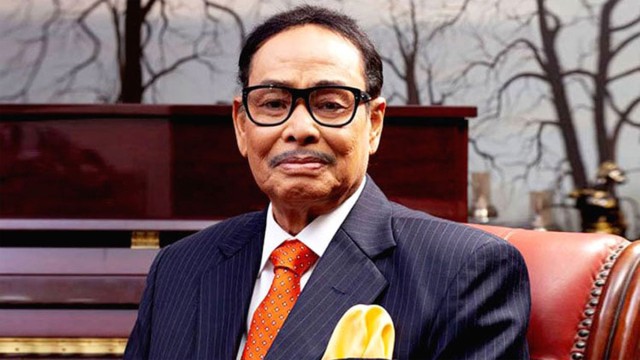
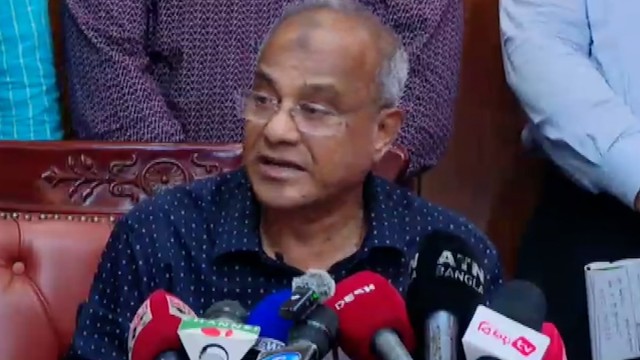
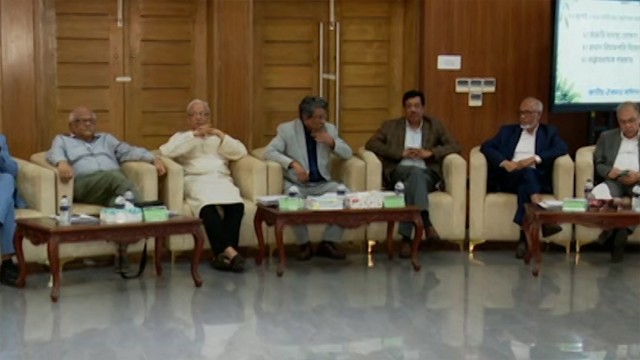
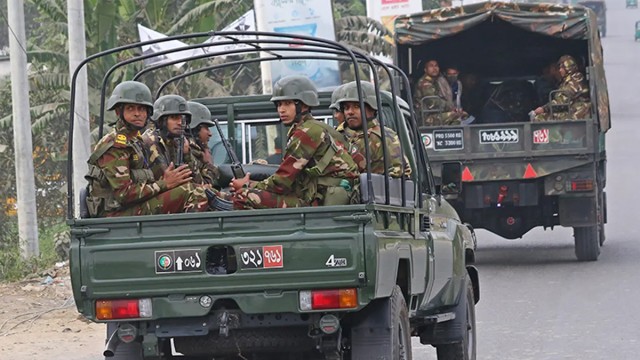
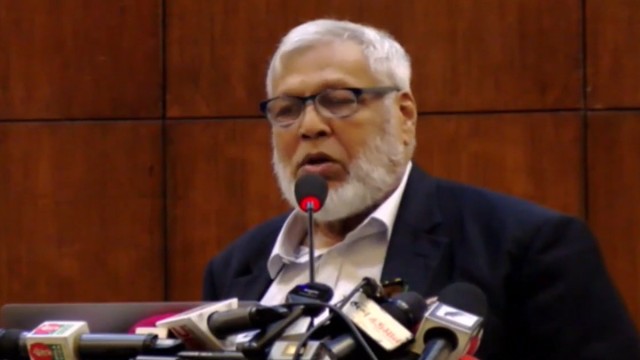

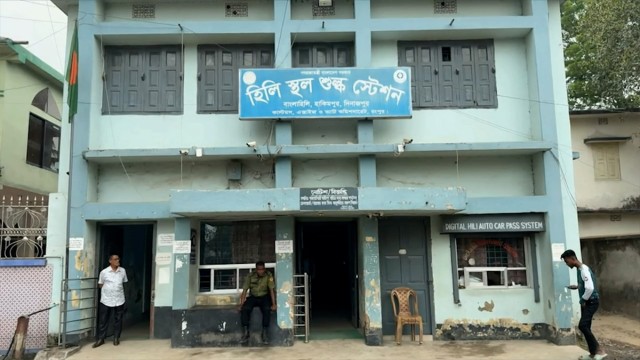


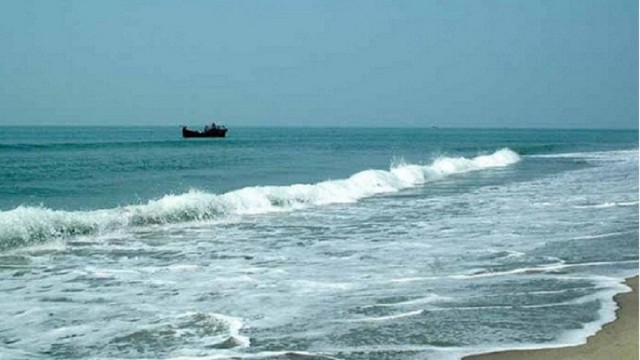
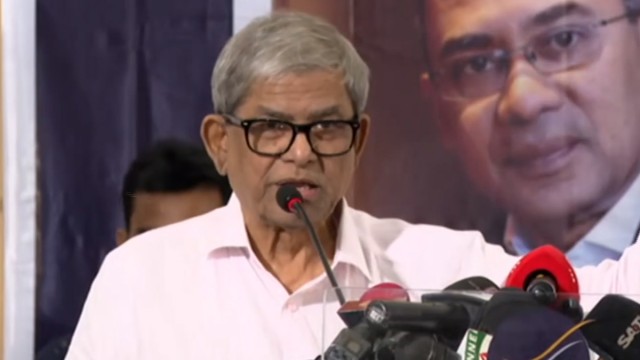

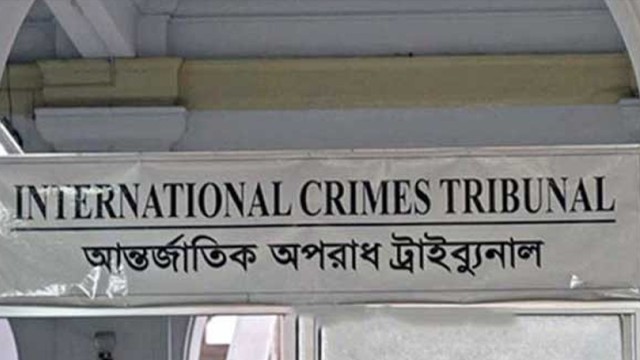


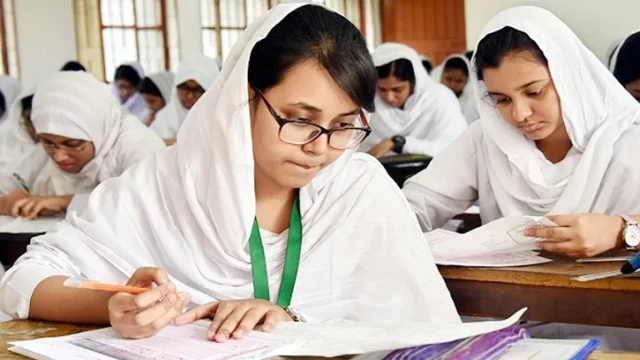


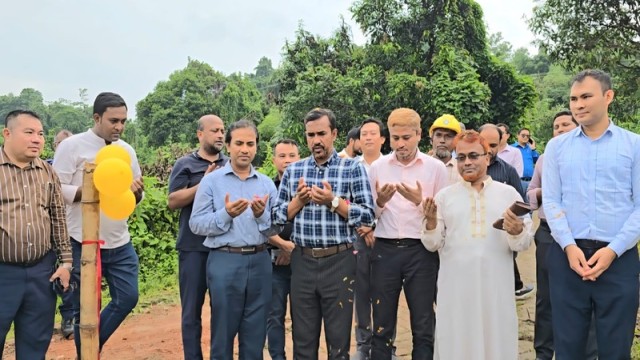
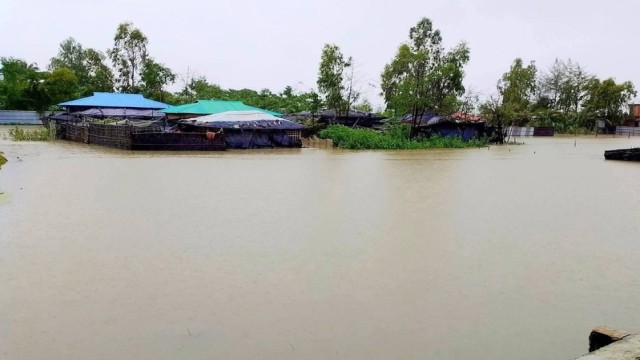


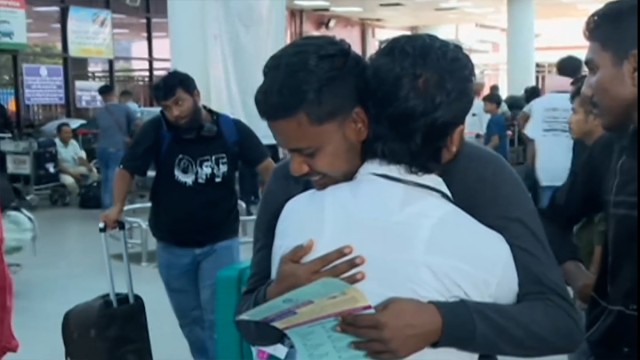
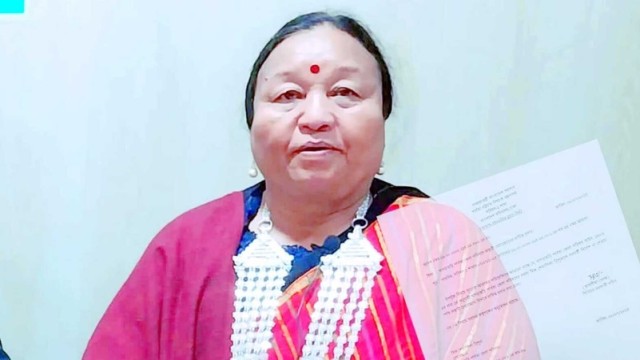
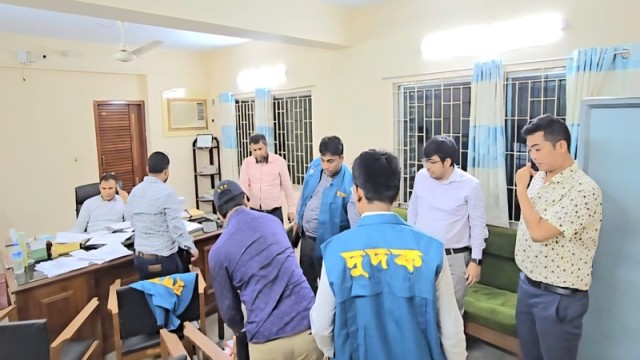
Comment: